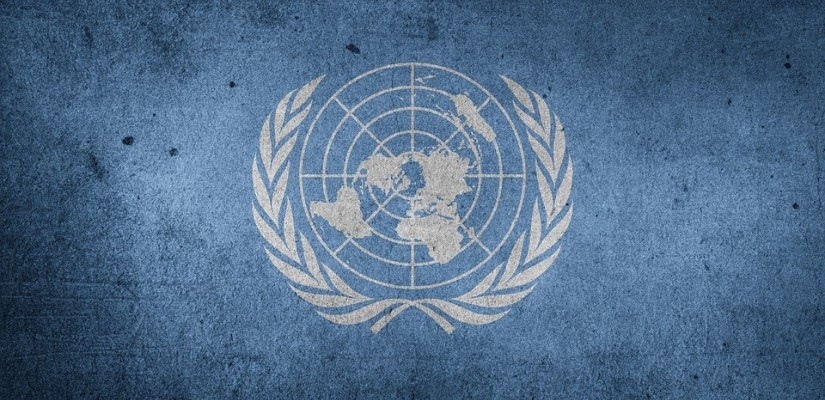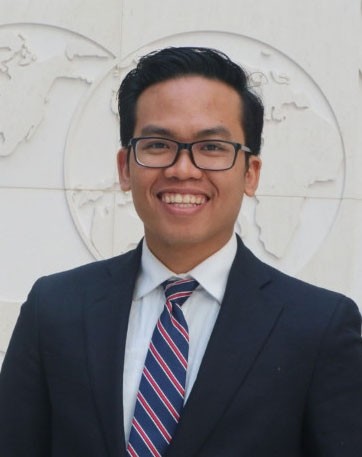The future of development projects funded by international organizations may be at risk of legal disputes. Ever since a US Supreme Court ruling was issued in February 2019, international organizations no longer possess immunity under US law. In the case Jam vs International Finance Corporation, the Court ruled that the World Bank and its private-sector lending arm can be sued for projects that they finance. The decision sets a precedent for the future of international lending projects that support commercial activities in the US as well as abroad. This legal ruling leaves the international community concerned about the future of development projects funded by other international organizations and development banks.
The case involved charges of environmental damage caused by a coal energy project by Indian conglomerate Tata Mundra in the Kutch district of Gujarat, which was directly supported with a US$450 million fund by the International Financial Corporation (IFC) in 2008. Represented by EarthRights International and the Stanford Court Litigation Clinic, a group of fishermen who live in this area submitted the case to the US federal courts.
The new US Supreme Court ruling may put future commercial activity projects financed by international organizations at risk. The World Bank and other multilateral organizations must raise their own awareness of human rights violations or environmental damages in projects that they finance to anticipate potential legal disputes. Other similar international financial institutions for development such as the Inter-American Development Bank, the Islamic Development Bank, the Asian Development Bank, the Asia Infrastructure Investment Bank, and the African Development Bank could be taken to court if they fail to mitigate the risk of environmental damage and harm local people whose livelihoods depend on the environment.
According to the United Nations Charter Article 105, international organizations and their subsidiaries enjoy the privilege of immunity, which also applies to lawsuits, to exercise their functions. The US adopted the International Organizations Immunities Act (IOIA) of 1945, which provided diplomatic protection for foreign government officials as well as international organizations. The World Bank's private-sector lending arm falls under US jurisdiction, which is why the IFC was considered above the law when it ran its projects.

The central question regarding this issue is whether such jurisprudence is going to thwart projects financed by international organizations in the future, and there is reasonable argument to believe that it could, in fact, interfere with the ability of multilateral financial organizations to invest in development projects. According to a report by Inclusive Development International, the Bank Information Center, and other human rights organizations, the IFC has been involved in 91 coal mining projects in Asia that are prone to environmental risk. Even though the World Bank pledged to fight the effect of climate change and to end direct funding of coal mining projects in 2013, the Bank appears to have been involved indirectly in such projects. In Indonesia, six coal mining companies received funding by the IFC that caused environmental destruction and resulted in a dispute with a group of locals affected by coal-fired power plants. Similarly, there are two commercial banks, Rizal and BDO Unibank, in the Philippines that have funded coal projects. As investment in coal-related business can foster environmental destruction and harm local communities, the chances of a legal dispute of the IFC and its subsidiaries against foreign plaintiffs are accordingly high. Since multilateral development banks are no longer granted immunity, this new rule will aid in preventing reckless lending that could violate the rights of local communities and harm the environment. Under certain circumstances, future projects may be therefore planned with a better understanding of legal risks and accountability.
This is not the first time that the immunity of the World Bank had been challenged. Previously, there were cases in Bangladesh and Honduras in which the immunity of the World Bank was disputed in front of the US federal court. While eliminating absolute immunity will incur the risk of legal uncertainty for future development lending, it will also ensure improved accountability in future projects and may deter financial institutions from causing harm in targeted areas through negligence. This decision can produce positive change by ensuring that international financial organizations maintain their commitment to development that is in line with comprehensive compliance and accountability regulations. Thus, these organizations must adequately assess the risks of development projects for their subsidiaries in order to protect the rights of local communities.
